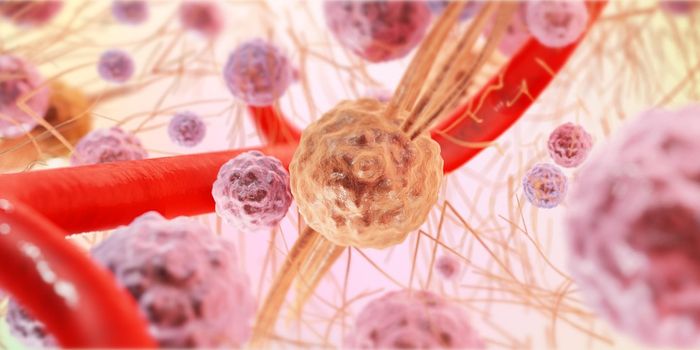The Mice Make the Difference in CAR-T Studies
It is quite common in cancer therapies to see a drug or treatment that has been around for decades. New drugs are hard to come by, needing years of research before they can be confirmed safe for the general public. Even then, many rarely see much improvement over past treatments. CAR-T, or chimeric antigen receptor T cell, is a relatively new therapy that shows profound promise in treating cancer. CAR-T research is still in its youth, and a group from Japan is attempting to make advances in the study of CAR-T.
Using the protein glypican-1, or GPC1, as a target, they began to generate CAR-T cells. GPC1 is a protein that is not normally expressed at significant levels in adults, yet is overexpressed in many cancers. One of the primary research aspects the group wanted to address is the use of immunodeficient mice. These mice do not give any off-target toxicity data, only initial tumor suppression data. To address this, they used mice with intact immune systems in their mice models, which managed to reveal important information about GPC1 targeted CAR-T treatments.
Early in vitro results showed anti-human GPC1 (hGPC1) CAR-T treatment effectively suppressed the growth of human cancer cell lines. These results were confirmed in immunodeficient mice models, as tumor growth was effectively, or entirely, suppressed. Moving into mouse models with intact immune systems, the group had to develop mouse GPC1 (mGPC1) overexpressing tumor cell lines as there were none available in mice. Anti-mGPC1 CAR-T treatment not only confirmed the results seen in the immunodeficient trials but also gave interesting post-treatment results.
One of the biggest issues with immunodeficient mice is that they did not survive long post hCAR-T injection. This meant the toxicity effects of treatments could not be measured. Using mice with intact immune systems solved this. After confirming the results seen in the previous trials, the group began to measure post-treatment effects beyond tumor suppression. They found there to be no observable adverse effects post-treatment and even observed some positive effects. Another graft of tumor cells, this time not expressing the target mGPC1, resulted in slow-growing tumors. Blood work showed the mCAR-T cells to be present at least 15 days after injection, resulting in continued anti-tumor response beyond the initial application. The group goes on to state, “the mCAR-T cells completely eradicated established solid tumor in vivo without any histological or symptomatic adverse effects.”
CAR-T therapy has become one of the leading areas of research against cancer. This work not only found GPC1 targeted CAR-T cells to be effective in abolishing tumor growth but even found that concurrent treatment using anti-PD1 antibodies could improve the results seen with PD1 or anti-GPC1 CAR-T alone. Equally important was the successful use of mouse models with intact immune systems, which allowed the testing of toxic effects of the CAR-T treatment. CAR-T therapy is still in its youth. However, it continues to prove effective in studies and will undoubtedly result in many anti-cancer therapies in the future.
Sources: Elife, MD Anderson Cancer Center









